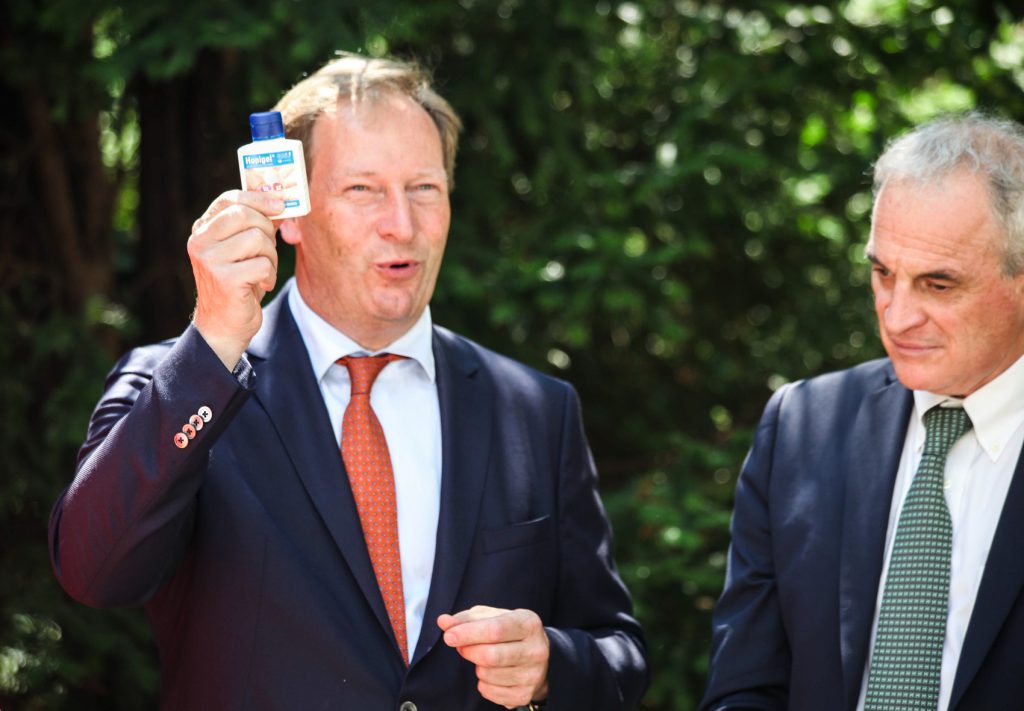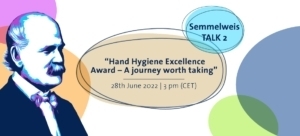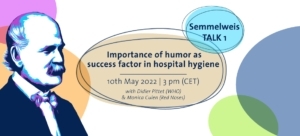Good research often falls victim to misinterpretation or distortion: This shows a recently published article (September 2018, Didier Pittet et al.) in The Lancet . The authors cite a series of articles (The Guardian, Reuters et al.) which misinterpret a recently published study in Science (Aug, 2018, Sacha J. Pidot et al.).
How could that happen? The authors of the study compared older and newer E faecium isolates (obtained between 1997 and 2015) and their tolerance to a 23% alcohol solution, and found that some newer strains were more tolerant to alcohol.
However, hospital alcohol-based handrub formulations contain 60–90% alcohol. No evidence of resistance at these concentrations could be found, thus tolerance to a 23% alcohol solution does not seem to be clinically relevant.
Alcohol-based handrub proofs to be the most effective tool available in the fiel of hand hygiene and is a key element for the prevention of infections. The authors of the article (The Lancet) emphasize: “As experts in hand hygiene, we feel these misinterpretations could lower health-care worker compliance with hand hygiene practices and put patients at risk.”
This example shows how quickly study analyses can be misinterpreted, and unfortunately reflects a well-known phenomenon of our time: To cause sensation in order to attract attention.
Such misinterpretation could cause immense damage. Wrong information might get stuck in people’s minds which might take a long time to be gotten rid of.
This incident serves as a good reminder for me as a medical journalist not only to read articles more attentively, but (if possible) to validate their sources.




